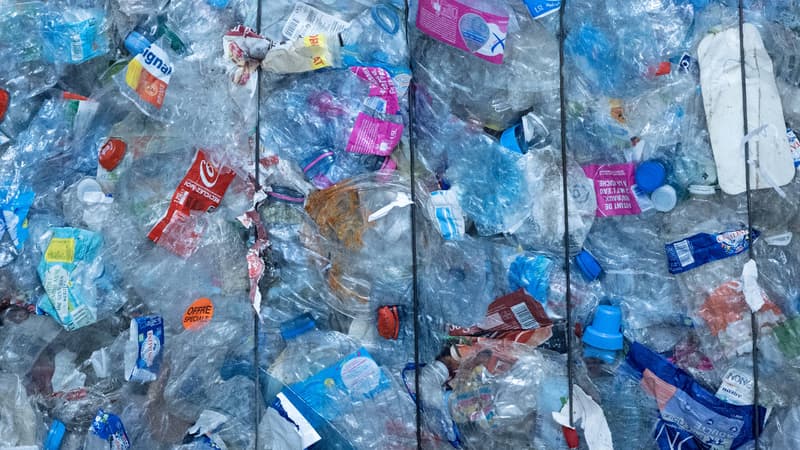The 175 countries meeting since Monday in Paris to draw up the first drafts of a treaty against plastic pollution have failed to start negotiations on the substance of the issue due to a blockage in the rules for the final approval of the text. Saudi Arabia and several Gulf countries, as well as Russia, China, India and even Brazil refuse to approve the future treaty by a two-thirds majority if a consensus is not reached. Opposite, a majority of countries defend the vote as a last resort, which would allow a minority of blockade to be annulled. Or they consider, at least, that this question can be decided later.
The discussion, which began in plenary session on Monday afternoon, again occupied all the delegations all day on Tuesday. The plenary adjourned early in the evening and an informal group was tasked with continuing discussions with a mandate to find a way out allowing negotiations to begin on Wednesday morning. “We are missing out on what unites us here, which is plastic pollution,” Camila Zepeda of the Mexican delegation thundered Tuesday morning. “We are wasting time and energy in discussions that go around (…) Let’s get to the point,” she said, warmly applauded by most of the delegations and by the NGO observers present in the stands.
Just three more negotiation meetings before 2025
According to a European negotiator, “the issue has already been decided” during the first round of negotiations at the end of 2022 in Uruguay, “and these countries are trying to back down.” “The strategy of some countries is to delay the discussions,” says Joan-Marc Simon, director of Zero Waste Europe, “because if we want an ambitious treaty that covers the entire life cycle of plastic, it will take time to negotiate. There is still no draft agreement on the table, and the Paris summit, which ends on Friday, will only be followed by three more negotiation meetings by the end of 2024.
For the activist, “these countries want a treaty, but that only talks about the end of life of plastic, improve waste management and prevent releases into the environment.” Thus ruling out the problems of reducing production, toxicity of certain compounds, microplastics, etc. “It has been two days since the global plastics treaty was blocked by a coalition of reluctant countries, led by Saudi Arabia,” Greenpeace official Graham Forbes said Tuesday night: “We are asking countries to stop to waste time. and start discussing the issues that are critical to solving the plastic pollution crisis.”
The Paris or Kunming-Montreal climate agreements on biodiversity were approved by consensus, like most treaties established under the auspices of the United Nations, that is, without a vote, even by a show of hands. However, an approval by vote, due to a lack of consensus, would not be unprecedented. In particular, it was used in 2013 when 140 countries adopted the International Convention on Mercury, signed in Minamata (Japan).
Source: BFM TV


